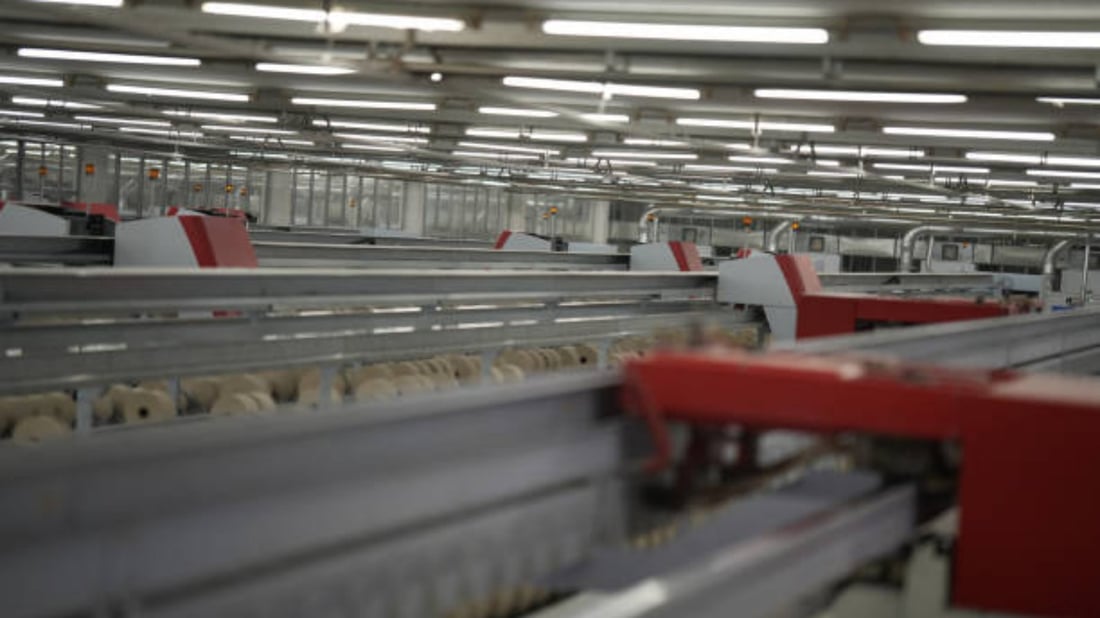Introduction
Roll forming machines are widely used in various industries for shaping metal sheets into desired profiles. They offer high precision and efficiency, making them essential equipment for many manufacturing processes. In this article, we will explore the 10 types of roll forming machines commonly used in the industry, discussing their pros and cons.
1. Single Stand Roll Forming Machine
The single stand roll forming machine is a basic type of roll forming machine consisting of a single set of rolls. It is suitable for producing simple profiles with a consistent cross-section. The advantages of a single stand roll forming machine include its simplicity, ease of operation, and lower cost compared to other types of machines. However, it has limitations in terms of flexibility and versatility, as it can only produce profiles with a fixed shape.
2. Double Stand Roll Forming Machine
The double stand roll forming machine is similar to the single stand machine but consists of two sets of rolls. It offers higher productivity and flexibility compared to the single stand machine. With two sets of rolls, it can produce different profiles simultaneously, reducing the production time. However, the double stand machine requires more space and is more complex to operate and maintain than the single stand machine.
3. Duplex Roll Forming Machine
The duplex roll forming machine is a type of double stand machine that allows for the production of two different profiles simultaneously. It is ideal for applications where two different profiles are required in the same production line. The duplex machine offers high productivity and versatility, saving both time and cost. However, it is more expensive and requires more expertise to operate and maintain compared to single or double stand machines.
4. Universal Roll Forming Machine
The universal roll forming machine is designed to produce a wide range of profiles with different shapes and sizes. It offers high flexibility and versatility, making it suitable for various industries. The universal machine can be easily adjusted to produce different profiles, eliminating the need for multiple machines for different products. However, the universal machine is more complex and expensive compared to single or double stand machines.
5. C-Channel Roll Forming Machine
The C-channel roll forming machine is specifically designed for producing C-shaped profiles commonly used in construction, electrical, and automotive industries. It offers high precision and efficiency in producing C-channels with consistent dimensions. The C-channel machine is relatively simple to operate and maintain, making it a popular choice for many manufacturers. However, it is limited to producing C-shaped profiles and may not be suitable for other types of profiles.
6. U-Channel Roll Forming Machine
Similar to the C-channel machine, the U-channel roll forming machine is designed to produce U-shaped profiles. It is widely used in industries such as construction, transportation, and machinery. The U-channel machine offers high productivity and accuracy in forming U-shaped profiles. However, it is not suitable for producing profiles with complex shapes and may require additional tooling for specific applications.
7. Z-Channel Roll Forming Machine
The Z-channel roll forming machine is specifically designed for producing Z-shaped profiles commonly used in roofing, cladding, and partition systems. It offers high precision and efficiency in forming Z-channels with consistent dimensions. The Z-channel machine is relatively simple to operate and maintain, making it a popular choice for manufacturers in the construction industry. However, it is limited to producing Z-shaped profiles and may not be suitable for other types of profiles.
8. Hat Channel Roll Forming Machine
The hat channel roll forming machine is designed to produce hat-shaped profiles commonly used in the construction and automotive industries. It offers high precision and efficiency in forming hat channels with consistent dimensions. The hat channel machine is relatively simple to operate and maintain, making it a popular choice for manufacturers. However, it is limited to producing hat-shaped profiles and may not be suitable for other types of profiles.
9. Angle Roll Forming Machine
The angle roll forming machine is specifically designed for producing angle profiles commonly used in construction, electrical, and machinery industries. It offers high precision and efficiency in forming angle profiles with consistent dimensions. The angle machine is relatively simple to operate and maintain, making it a popular choice for manufacturers. However, it is limited to producing angle profiles and may not be suitable for other types of profiles.
10. Custom Roll Forming Machine
The custom roll forming machine is designed to produce profiles with unique shapes and sizes according to specific customer requirements. It offers high flexibility and versatility, allowing manufacturers to meet diverse customer demands. The custom machine can be designed and engineered to produce profiles for various industries, including automotive, aerospace, and appliances. However, the custom machine is more complex and expensive compared to standard roll forming machines.
Conclusion
Roll forming machines play a crucial role in shaping metal sheets into desired profiles for various industries. The choice of the right roll forming machine depends on the specific application and requirements. Each type of roll forming machine has its pros and cons, considering factors such as productivity, flexibility, precision, and cost. By understanding the different types of roll forming machines and their advantages and limitations, manufacturers can make informed decisions to optimize their production processes.

